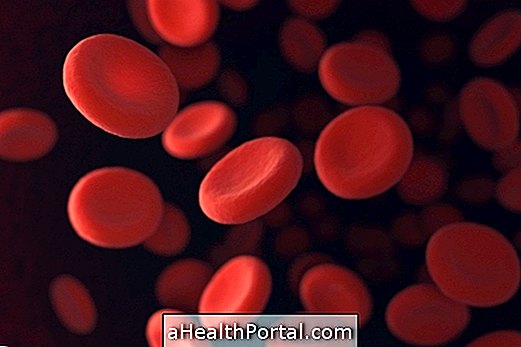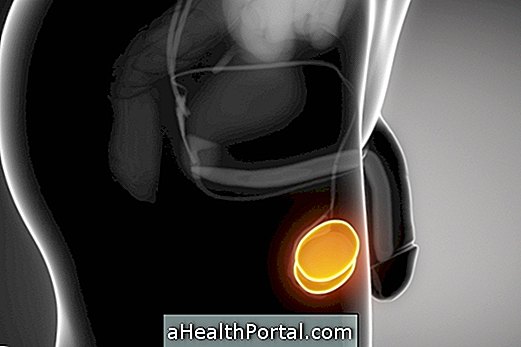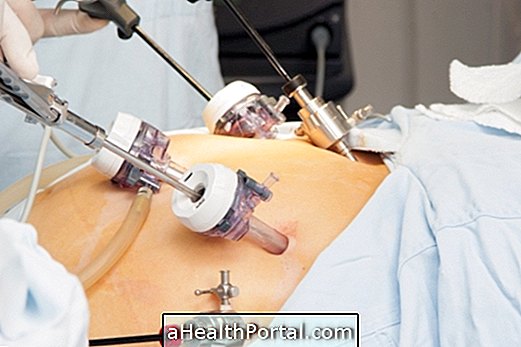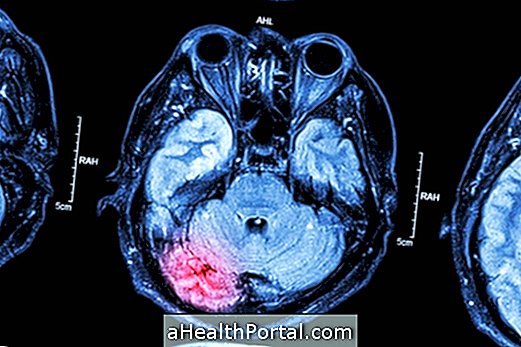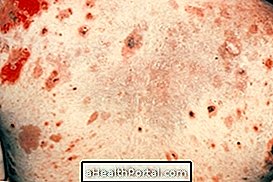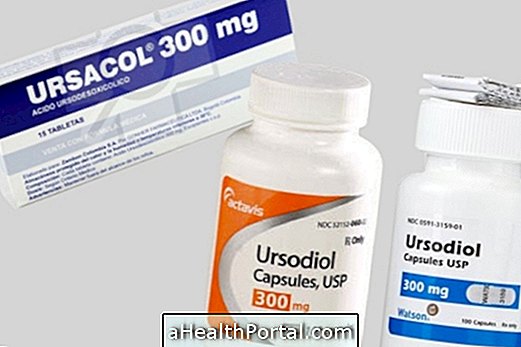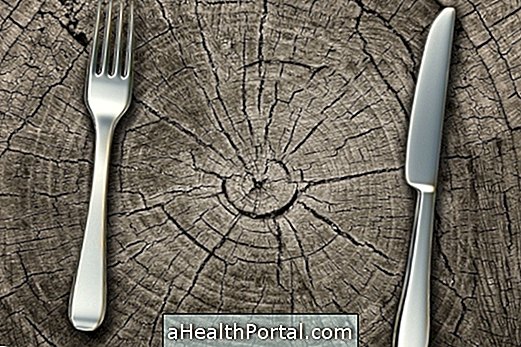Treatment of Peyronie's disease, which causes abnormal curvature of the penis, is not always necessary because the disease may disappear spontaneously after a few months or years. Despite this, treatment of peyronie's disease may include the use of drugs or the performance of surgery, guided by the urologist.
Some medicines that can be used to treat Peyronie's disease are:
- Betamethasone or Dexamethasone;
- Verapamil;
- Orgoteína;
- Potaba;
- Colchicine.
These medications are usually applied through an injection directly into the fibrosis plaque to reduce inflammation and destroy the plaques that give rise to the abnormal curvature of the male sexual organ.
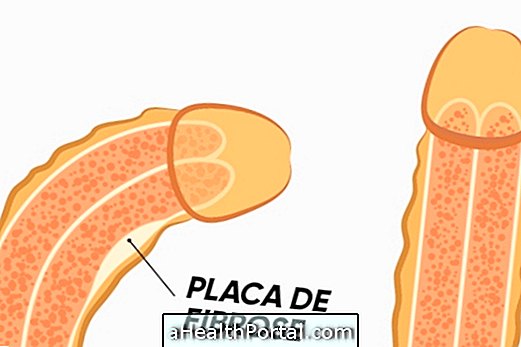
Treatment with vitamin E, in tablets or ointment, is widely used, since this vitamin stimulates the degradation of the fibrous plaque, reducing the curvature of the organ.
Here are the symptoms that may indicate that someone may have this disease.
When surgery is needed
When the penile curvature is very large and causes pain or prevents intimate contact, it may be necessary to undergo a surgical treatment by removing the fibrosis plaque. As a side effect, this surgery can cause a decrease of 1 to 2 cm in the size of the penis.
The use of shock waves, the use of laser, or the use of vacuum erection devices are some options of physiotherapeutic treatment for Peyronie's disease, which are often used to replace surgery.
Home treatment option
One form of home treatment for Peyronie's disease is horsetail tea, which has anti-inflammatory action.
Ingredients
- 1 tablespoon horsetail
- 180 ml of water
Method of preparation
Boil for 5 minutes the water along with the herb and then let stand for 5 minutes. Filter and take tea still warm, about 3 times a day.
Another alternative is the natural treatment for Peyronie's disease with the use of herbs that stimulate the blood circulation and decrease the production of fibrosis plaques like ginkgo biloba, Siberian ginseng or prepared blueberry.
Homeopathic treatment option
Homeopathic treatment for Peyronie's disease can be done with medicines based on silica and fluoroic acid, but also with the drug Staphysagria 200 CH, 5 drops twice a week, or with Thuya 30 CH, 5 drops 2 times a day, during 2 months. These medicines should be taken as directed by your urologist.





